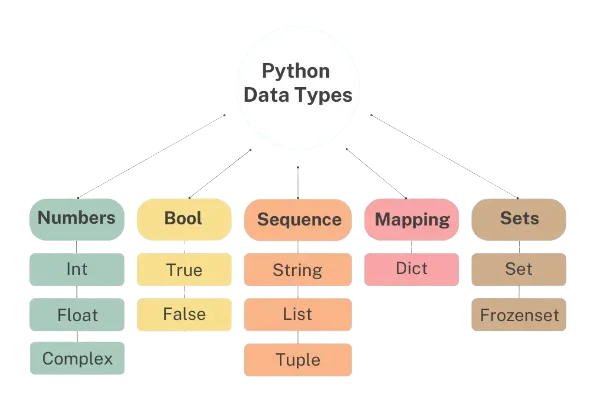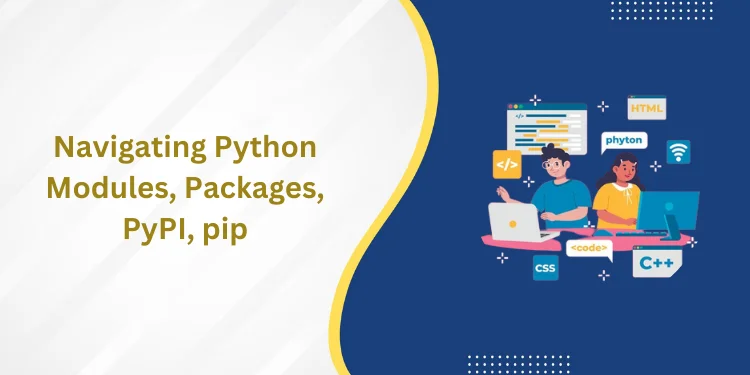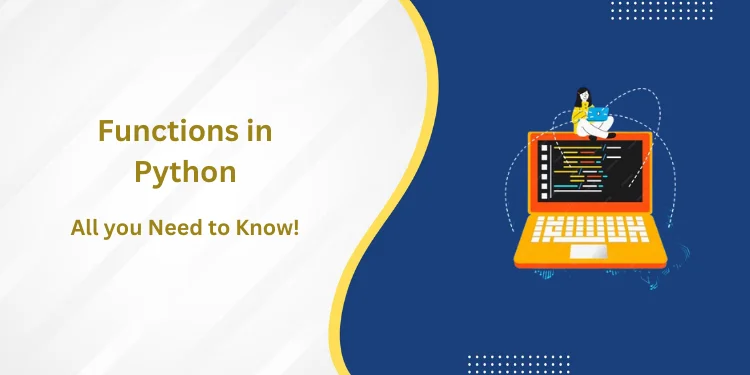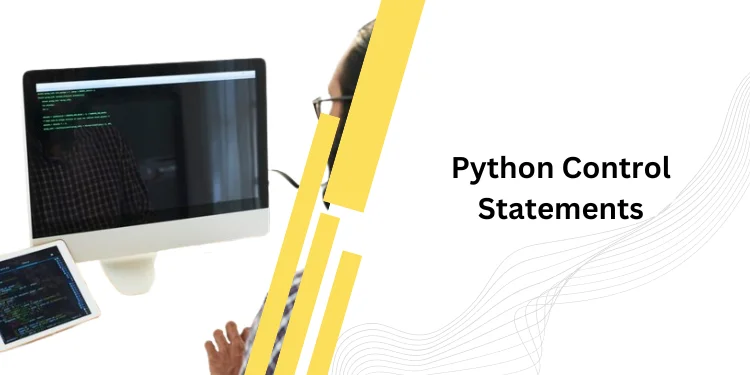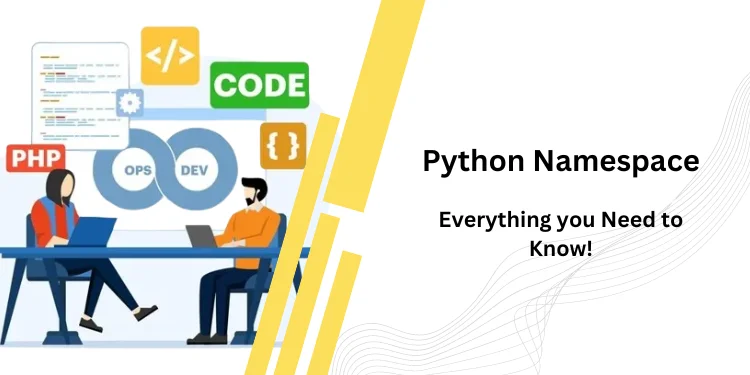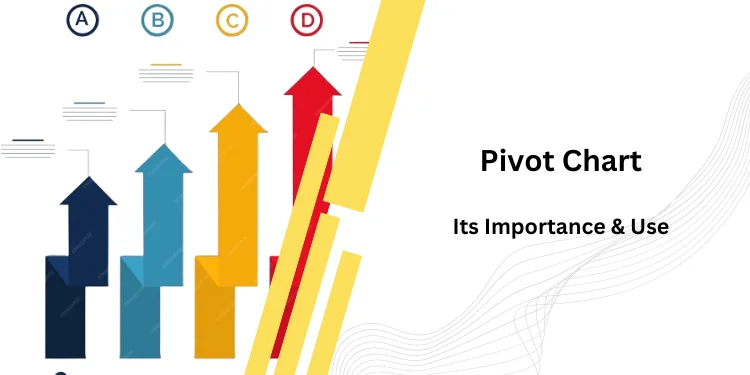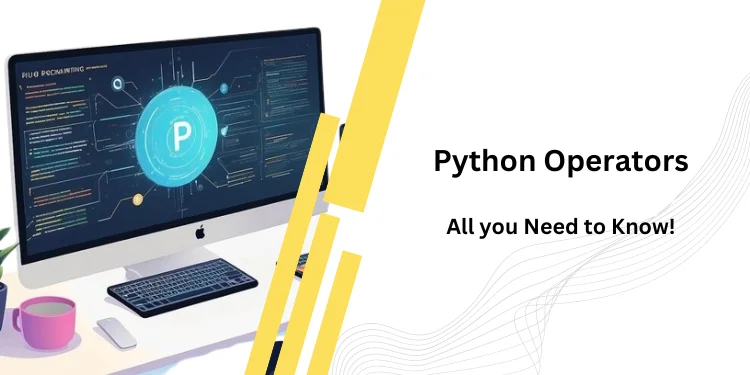Table of Contents
ToggleIntroduction
The constantly competitive programming course evolving realm of software development has given rise to a highly sought-after skill set known as competitive programming. This skill, which goes beyond just participating in coding competitions, has proven to be crucial for developers looking to enhance their problem-solving abilities and sharpen their algorithmic thinking.
In this blog, we will delve into the importance of competitive programming courses and the numerous benefits they provide for aspiring developers. First and foremost, competitive programming courses offer a structured and comprehensive approach to learning this specialized skill. They often cover a wide range of topics such as data structures, algorithms, optimization techniques, and advanced programming concepts. By providing a thorough understanding of these key areas, these courses equip individuals with the necessary tools and knowledge to excel in coding competitions and real-world software development scenarios.
Moreover, competitive programming courses also offer hands-on experience through various practice problems and challenges. These exercises not only help individuals apply the concepts they have learned but also allow them to identify their strengths and weaknesses in different areas of programming.
Understanding Competitive Programming

Competitive programming is a fascinating and engaging mind sport that puts participants’ algorithmic and computational skills to the ultimate test. In this intense and fast-paced competition, individuals are presented with a variety of well-defined problems that require them to think critically and come up with innovative solutions within a given time limit. The challenges range from simple coding exercises to complex mathematical or logical puzzles, all designed to push contestants to their limits. One of the defining characteristics of competitive programming course is its focus on efficiency.
In order to succeed, contestants must not only come up with functioning solutions, but also ensure they are as optimized as possible. This means finding the most efficient way to approach a problem, reducing code complexity, and minimizing resource usage – all while working against the clock. Precision is another crucial aspect of competitive programming course. In order for a solution to be considered correct, it must not only produce the desired output, but also adhere to strict specifications and constraints provided by the problem statement.
The Role of Competitive Programming in Skill Development

Competition programming is a highly advanced form of coding that surpasses traditional coding practices. It requires a deep understanding of algorithmic thinking, data structure implementation, and optimization techniques, which are essential skills for tackling complex problems in the real world. By participating in competitive programming, individuals are able to sharpen their problem-solving abilities and develop a strategic mindset that can be applied to a wide range of practical situations. Through rigorous challenges and intense competition, participants gain valuable experience in efficiently designing algorithms and implementing them with precision and accuracy.
Moreover, they learn how to optimize their solutions to achieve the best possible performance, an essential skill for success in any field requiring computational proficiency. Overall, competitive programming serves as an invaluable training ground for honing crucial skills that are highly sought after in various industries and professions.
Read About: Social Media is Fake
Why Enroll in a Competitive Programming Course?

Enrolling in competitive programming courses offers a comprehensive and organized educational experience, carefully crafted to thoroughly explore fundamental concepts such as algorithms and progressively delve into more complex topics like data structures. These courses are designed to provide a systematic curriculum that systematically covers all necessary material, ensuring a thorough understanding of each subject. By following a well-structured course, learners are guided through a progressive learning journey that builds upon their existing knowledge and skills, allowing them to continuously expand their understanding and abilities.
Expert Guidance:
Highly skilled and knowledgeable instructors are essential in guiding students through the intricacies of programming. Their wealth of experience allows them to provide valuable insights and guidance on various problem-solving approaches, coding techniques, and efficient algorithms. With their expert guidance, learners are equipped with the necessary tools and strategies to tackle a diverse range of programming challenges with confidence. These experienced instructors serve as invaluable mentors, empowering students to overcome any obstacles they may face on their coding journey.
Through their mentorship, students not only gain technical skills but also develop critical thinking abilities that enable them to approach complex problems with ease and efficiency. Without a doubt, experienced instructors play a crucial role in shaping the success of budding programmers by providing them with the necessary support and guidance to excel in this ever-evolving field.
Peer Interaction and Collaboration:
In addition to providing academic instruction, courses also offer the opportunity to become part of a community of like-minded individuals. By actively engaging with fellow students through online forums, discussion boards, and collaborative projects, an inclusive and supportive learning environment is formed. This interaction with peers not only fosters a sense of camaraderie and connection, but also enhances understanding of the course material.
Moreover, it exposes participants to a diverse range of problem-solving perspectives, which can be invaluable in developing critical thinking skills and expanding one’s knowledge base. Through this communal aspect of courses, students are able to learn from each other and form meaningful connections that can extend beyond the classroom setting.
Key Components of Competitive Programming Courses:
Algorithmic Concepts Courses delve into fundamental algorithmic concepts such as sorting, searching, dynamic programming, and graph theory. Mastery of these concepts is crucial for excelling in competitive programming challenges.
Data Structures Implementation:
Developing a thorough comprehension and practical application of data structures, such as arrays, linked lists, trees, and hash maps, is crucial for effectively solving complex algorithmic problems. These fundamental concepts serve as the backbone for efficiently tackling challenging computational tasks. In order to solidify this understanding, courses typically include immersive hands-on exercises and coding assignments that allow students to put these principles into practice. By actively engaging with these concepts in a practical setting, students are able to reinforce their knowledge and gain a deeper understanding of how these data structures function within the context of algorithmic problem-solving.
Time and Space Complexity Analysis:
Efficiency is paramount in competitive programming course. Courses teach participants to analyze the time and space complexity of their code, enabling them to optimize solutions and meet time constraints during competitions. Practical Applications and Benefits Competitive programming skills are highly sought after by tech companies. The problem-solving and coding proficiency gained through these courses make participants more competitive in the job market.
Entrance Examinations and Interviews:
Many technical interviews and coding assessments for job placements or graduate studies include problems that align with competitive programming concepts. Enrolling in a course provides a strong foundation for success in such assessments.
Choosing the Right Competitive Programming Course

Look for courses that cover a broad spectrum of topics, from basic algorithms to advanced data structures. A comprehensive curriculum ensures a well-rounded skill set.
Instructor Credibility:
Check the credentials and experience of the course instructors. A course led by seasoned competitive programmers or industry experts instills confidence in the quality of education.
Learning Platforms and Resources:
Evaluate the learning platforms, coding environments, and additional resources provided by the course. A user-friendly interface and ample practice problems contribute to a positive learning experience.
Conclusion
Enrolling in a competitive programming course can be a life-changing decision for individuals who are looking to elevate their coding skills and dominate in coding competitions.
These courses provide a highly immersive and transformative learning experience, equipping students with the necessary tools and techniques to excel in the fast-paced and competitive world of coding. By enrolling in a well-structured and competitive programming course, students can expect to not only improve their problem-solving abilities but also unlock their full potential as programmers.
Through carefully designed curriculum and hands-on exercises, these courses offer a deep dive into advanced programming concepts and algorithms, helping individuals develop an in-depth understanding of various programming languages and their applications. Moreover, these courses are specifically tailored to prepare students for the intense environment of coding competitions. With experienced instructors guiding them every step of the way, students will learn how to effectively manage time constraints, think critically under pressure, and strategize their approach to solving complex problems.
Frequently Asked Questions (FAQs)
What is competitive programming, and why should I consider taking a course in it?
Competitive programming is a sport that challenges individuals to solve algorithmic and computational problems within a set time frame. Taking a course in competitive programming enhances problem-solving skills, algorithmic thinking, and coding efficiency. It not only prepares you for coding competitions but also strengthens your abilities for real-world scenarios and technical interviews.
Are competitive programming courses suitable for beginners?
Yes, many competitive programming courses cater to beginners by providing a structured learning path. These courses start with fundamental concepts and gradually progress to more advanced topics. They are designed to accommodate learners with varying levels of programming experience.
How do competitive programming courses help with job readiness?
Competitive programming courses equip participants with valuable skills that are highly sought after by tech companies. The problem-solving and coding proficiency gained through these courses make individuals more competitive in the job market. Many companies value candidates who can demonstrate strong algorithmic skills during technical interviews.
Can I join a competitive programming course even if I don’t have a computer science background?
Absolutely. While a computer science background may provide a familiarity with certain concepts, competitive programming courses are designed to accommodate learners from diverse educational backgrounds. The courses often start with foundational concepts and gradually progress, ensuring that participants can grasp the necessary skills regardless of their background.
How do competitive programming courses facilitate peer interaction and collaboration?
Competitive programming courses often include community forums, discussion boards, and collaborative projects. Engaging with peers allows participants to exchange ideas, seek help, and learn from different problem-solving approaches. This collaborative environment enhances the learning experience and exposes participants to diverse perspectives.
Can competitive programming courses be taken online?
Yes, many competitive programming courses are available online. Online platforms offer the flexibility to learn at your own pace, access course materials from anywhere, and engage with a global community of learners. This accessibility makes it convenient for individuals with varying schedules and geographic locations.
How can I choose the right competitive programming course for my needs?
Consider factors such as the course content, instructor credibility, learning platforms, and available resources. Look for courses with a comprehensive curriculum, instructors with relevant experience, user-friendly interfaces, and ample practice problems. Reading reviews or seeking recommendations from other learners can also help you make an informed decision.
Will competitive programming courses help me with technical interviews?
Yes, competitive programming courses often cover topics that are commonly tested in technical interviews, such as algorithmic concepts, data structures, and time complexity analysis. The problem-solving skills developed through these courses can significantly improve your performance in technical interviews for job placements or graduate studies.





